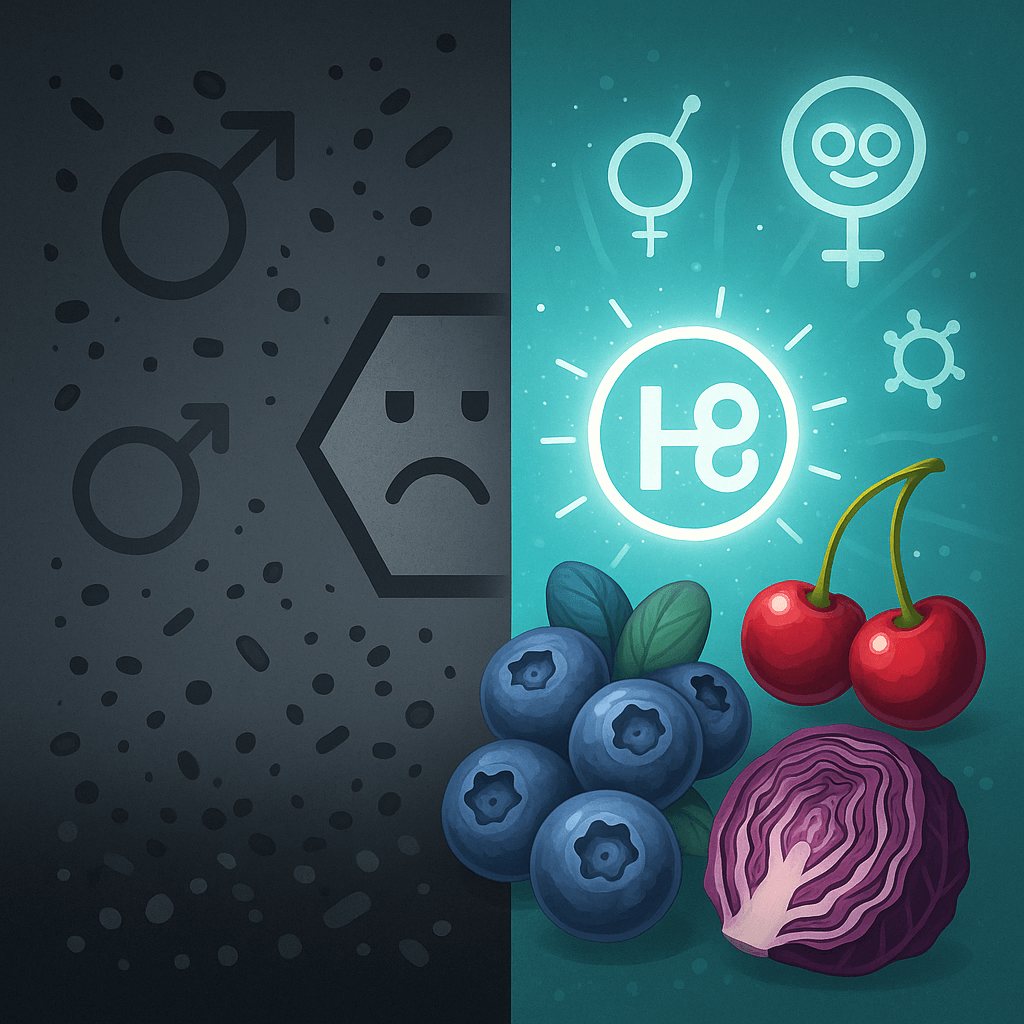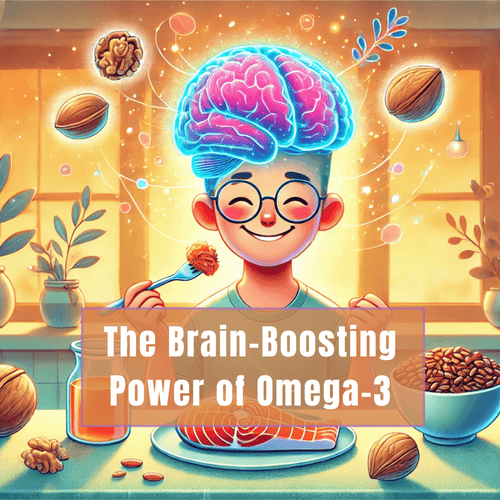
By now, you’ve probably heard that microplastics—those tiny plastic particles found everywhere from bottled water to the air we breathe—are bad news. But here’s the scary part: they don’t just pollute the planet, they also mess with your body. Especially your reproductive health.
Yep, microplastics and even smaller nanoplastics are sneaky endocrine disruptors. That means they can interfere with your hormones. And according to recent research (Zhang J, et.al., 2025), they might be hurting your chances of having healthy kids—impacting everything from sperm quality to embryo development.
The Problem: Plastics vs. Your Hormones
These plastics can stress your body out—literally. They cause oxidative stress and inflammation. They also mess with the way your body handles sex hormones like estrogen and testosterone by interfering with steroid receptors. That’s a big deal, because these hormones are essential for things like fertility, libido, and overall reproductive health.
The Hope: Nature’s Defense in Colorful Foods
But here’s where things get interesting. A team of researchers just took a deeper look at anthocyanins—the natural pigments that give berries, red cabbage, and purple corn their vibrant color. It turns out these compounds aren’t just pretty—they're powerful. They act like natural bodyguards against oxidative stress and inflammation.
One specific anthocyanin, called cyanidin-3-glucoside (C3G), has shown promising results. Studies suggest that it can protect both male and female reproductive organs from the damage caused by micro/nanoplastics. Even better? It seems to work by interacting directly with those same steroid receptors the plastics disrupt.
What This Means for You
This research opens the door to a natural, food-based way to fight back against plastic pollution’s impact on your body. While we definitely need more studies to confirm the effects in humans, the takeaway is simple:
Eating a diet rich in colorful, plant-based foods could help protect your reproductive health.
Think blueberries, blackberries, cherries, purple grapes, and red cabbage.
Support Your Health with High-Quality Supplements
In addition to a colorful diet, targeted nutritional supplements can further support your body’s resilience against environmental stressors. I recommend exploring Pure Encapsulations, a trusted company known for hypoallergenic, research-based formulations.
Get 5% off and free shipping on all orders by registering with this link and using practitioner code 473527:
👉 Pure Encapsulations Patient Direct
Featured Product:
Pomegranate Plus
- Antioxidant support for vascular and cellular health
- Supports healthy memory, lipid and glucose metabolism, and prostate health
- Certified gluten-free and made with hypoallergenic, vegetarian ingredients
- Contains clinically researched Pomella® pomegranate extract
Nutritional strategies, both from food and supplementation, can make a real difference.
Bottom Line
We can’t avoid microplastics completely (yet), but we can boost our body’s defense system. Adding more anthocyanin-rich foods to your diet is a smart, natural way to protect your health—especially your hormones.
Reference
Zhang J, Liu W, Cui F, Kolehmainen M, Chen J, Zhang L, Zarei I. Exploring the potential protective role of anthocyanins in mitigating micro/nanoplastic-induced reproductive toxicity: A steroid receptor perspective. J Pharm Anal. 2025 Feb;15(2):101148. doi: 10.1016/j.jpha.2024.101148. Epub 2024 Nov 14. PMID: 39925697; PMCID: PMC11803829.










